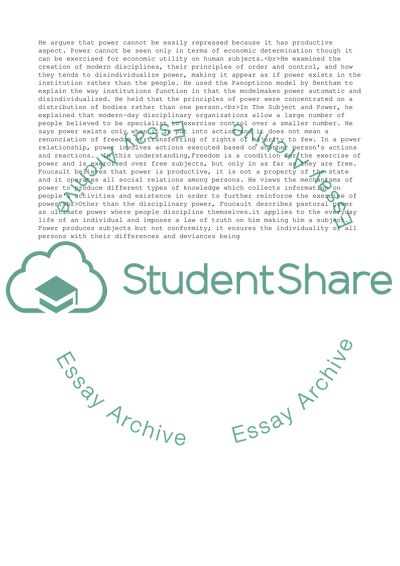Cite this document
(“Managing Essay Example | Topics and Well Written Essays - 2750 words - 4”, n.d.)
Managing Essay Example | Topics and Well Written Essays - 2750 words - 4. Retrieved from https://studentshare.org/management/1674094-managing
Managing Essay Example | Topics and Well Written Essays - 2750 words - 4. Retrieved from https://studentshare.org/management/1674094-managing
(Managing Essay Example | Topics and Well Written Essays - 2750 Words - 4)
Managing Essay Example | Topics and Well Written Essays - 2750 Words - 4. https://studentshare.org/management/1674094-managing.
Managing Essay Example | Topics and Well Written Essays - 2750 Words - 4. https://studentshare.org/management/1674094-managing.
“Managing Essay Example | Topics and Well Written Essays - 2750 Words - 4”, n.d. https://studentshare.org/management/1674094-managing.


